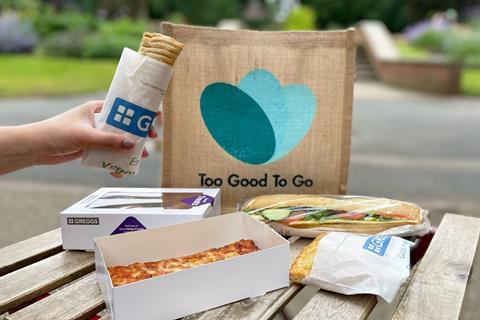
Too Good To Go’s partnership with Greggs has prevented more than one million bags of food from going to waste in the UK, according to the surplus food app.
The two companies first teamed up in early 2021 and there are now more than 1,200 Greggs sites across the UK available for the purchase of food via Too Good To Go.
The social impact enterprise works with suppliers to prevent waste by allowing customers to buy surplus products from restaurants, convenience retailers and producers. Users download the free Too Good To Go app and search for nearby businesses that offer unsold items, where they can then purchase a ‘Magic Bag’ filled with surplus food at a third of its original retail value, to be collected at an allotted time.
App users purchasing from participating Greggs locations can expect to find a variety of items in each Magic Bag, including sausage rolls, sandwiches, wraps, doughnuts and cookies.
“We’re thrilled to be partners with a British staple like Greggs and to have reached such an incredible milestone so quickly,” said Sophie Trueman, managing director for Too Good To Go in the UK & Ireland. “There are so many benefits to preventing delicious food from going to waste – retailers can recover their sunk costs, while consumers can access great food at an affordable price.
“Everyone wins and together we can do good for our planet too. I’m incredibly excited to see our partnership continue to flourish and rescue even more Greggs favourites from going to waste,” Trueman added.
Gillian Long, retail operations director at Greggs, expressed “delight” at selling more than one million Magic Bags filled with the bakery chain’s products.
“Whilst we do everything that we can to redistribute surplus food to those in need, our partnership with Too Good To Go really helps to ensure that we keep as much food as possible from going to waste and continue delivering on our food waste commitments,” said Long. “As announced in the Greggs Pledge, we are committed to creating 25% less food waste by 2025 than we did in 2018 and we will continue to work towards 100% of excess food going to those most in need.”



















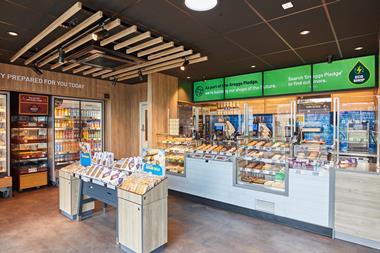




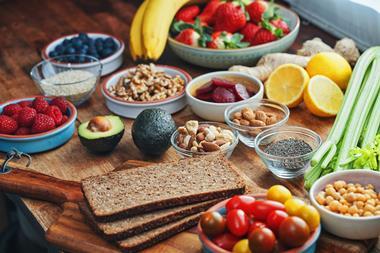




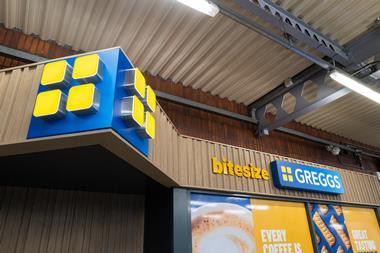
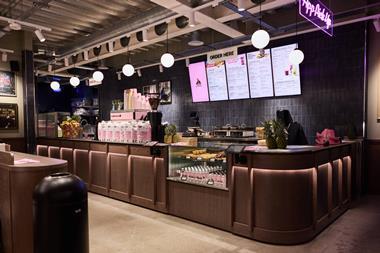

No comments yet